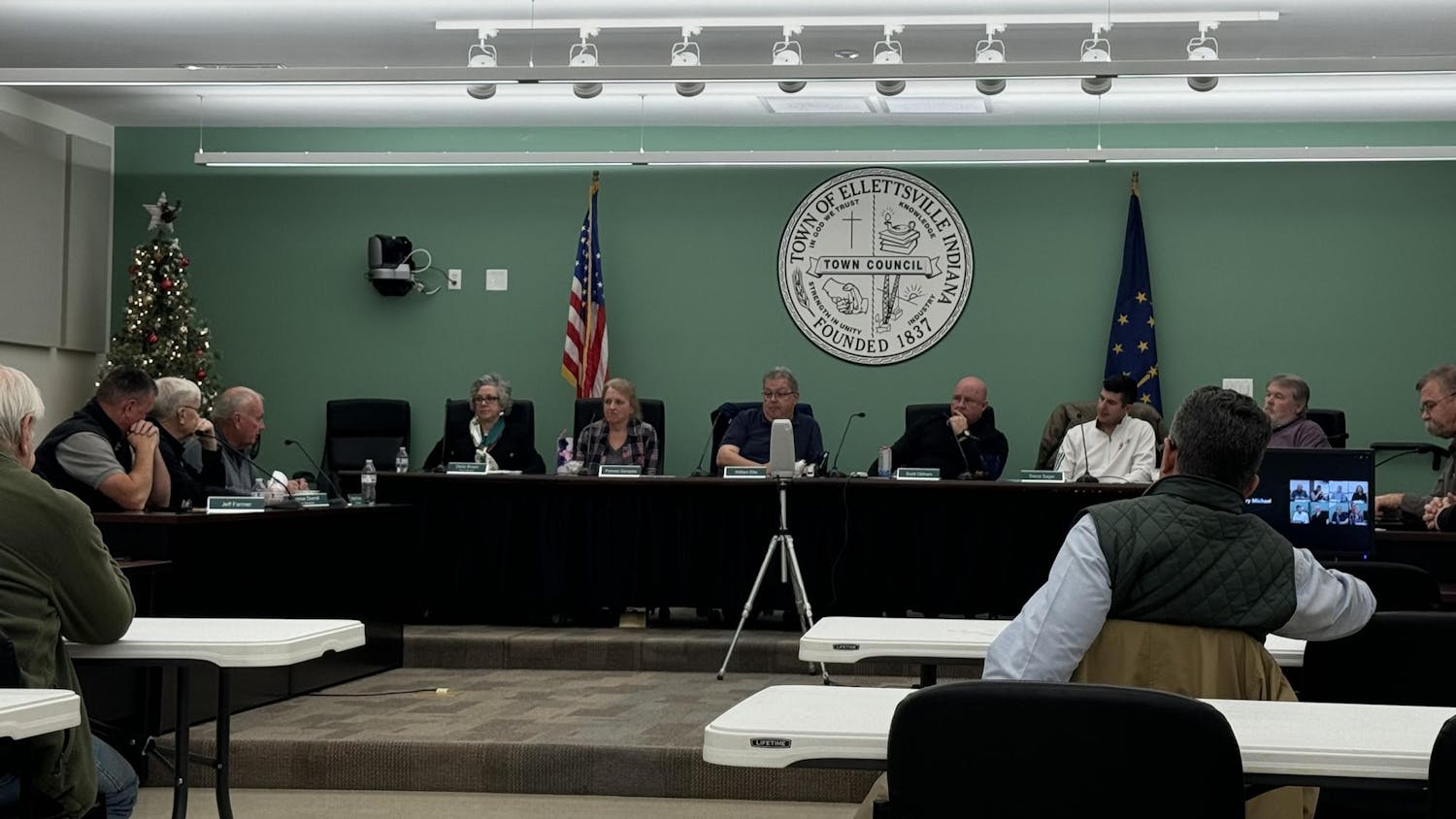After five and a half months of new experiences piled on top of new experiences, I wanted to end my study-abroad time in Spain with something even fresher and more awe-inspiring than all the rest. It was a tough chore.
I had seen large monuments built over a full year burn to the ground (on purpose) in Valencia.
I had found relaxing beauty in the hills of the Canary Islands.
I had basically walked with the bishop in a Good Friday procession in Girona.
I had seen the entire city of Athens in one glance from the steps of the Acropolis.
How was I to top all of that? Very simple: go to an African country. Specifically, I went to Marrakech, Morocco.
There, I found a world I both knew and didn’t fit into at all.
The first shock was the call to prayer. After taking a much-needed nap at the hostel (I had gotten half an hour of sleep at the airport the night before), our group of four went out to lunch. We went to the medina, the old quarter of the city with a large square, the Djemaa el Fna.
While eating some chicken tajine that happily broke the pattern of good but bland Spanish food, we heard a loud voice chanting over what seemed like a celestial public address system. The sheer volume of the call gave me the feeling it came from inside of me instead of from atop a minaret.
The cries of “Allahu akbar” (God is great) rang from every mosque in the city, and for someone used to an atmosphere of official secularism, a public reminder to pray was shocking.
Equally jarring, but in an opposite way, was the amount of women who did not wear a veil. Although Morocco is clearly a culturally Muslim country, the hijab is more of a suggestion than a requirement, as long as one follows the spirit of the universal code of modest dress.
To be sure, I saw women wearing full-body burqas, but more often than not, women walked the streets with only, or even without, some head covering.
It stems from Morocco’s reputation as a moderate Muslim state. Except for a terrorist attack in Casablanca in 2003, the country has shied away from the Islamic fundamentalism practiced in countries with more conservative populations.
It maintains good relations with the West, earning major non-NATO ally status with the United States and signing free-trade agreements with the United States and the European Union.
As such, a headscarf is often seen as a sign of political Islam instead of a profession of simple faith. Whether warranted or not, those who wear a hijab are sometimes discriminated against as being against secular government and in favor of a more explicitly Islamic society.
The mix of non-traditional dress and public calls to prayer showed, to me at least, the success of the Enlightenment formula of separation of church and state. Both sides seemed stronger than they would be if they were wedded together.
By the end of my stay on Friday, I saw the city as more Arab and Berber than Muslim, full of merchants who faithfully practiced Islam on the side.
It was a feeling I won’t soon forget, mainly because I’ve seen the Christian variety all my life.
Facing unexpected wonders

Get stories like this in your inbox
Subscribe



